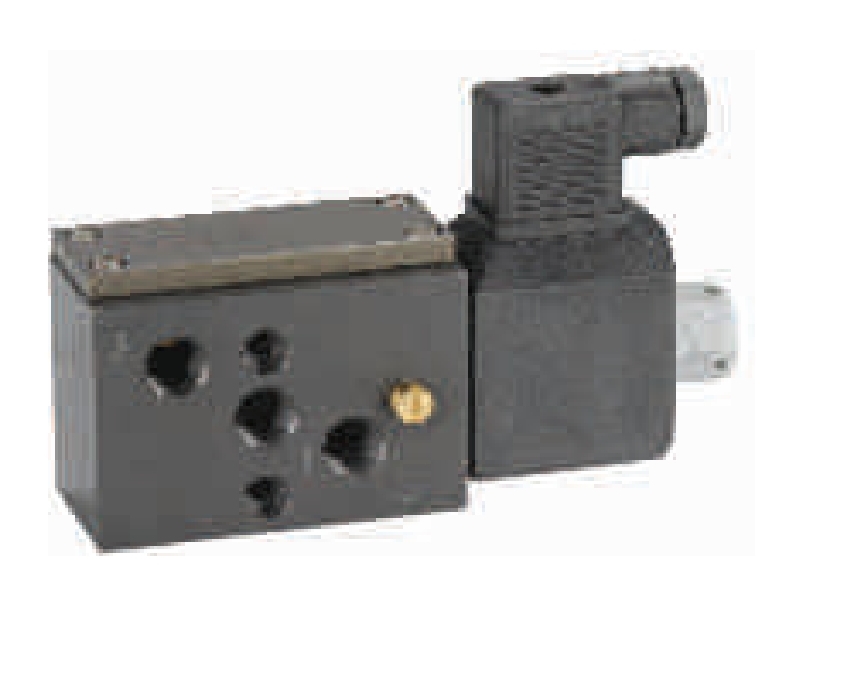
A 5-port solenoid valve is a type of valve used in fluid control systems, particularly in pneumatic applications. It is designed to control the flow of air or other gases through a system by utilizing five distinct ports. Here’s a detailed description of the 5-port solenoid valve, including its features, operation, and applications:
1. Ports:
- **5 Ports**: As the name suggests, a 5-port solenoid valve has five ports. These typically include:
- **Two Pressure Ports**: For incoming and outgoing pressure (sometimes labeled as P and R or IN and OUT).
- **Two Actuator Ports**: For connecting to the pneumatic actuators or cylinders (often labeled A and B or 1 and 2).
- **One Exhaust Port**: For expelling air from the system when it is not in use or during the venting process (usually labeled as E or EXH).
2. Operation:
- **Flow Control**: The valve switches the flow between the two actuator ports, directing air into or out of the actuators. It can also control exhaust from these actuators.
- **Actuation**: The valve is controlled by an electromagnetic solenoid coil. When energized, the solenoid shifts the internal mechanism to change the flow paths between the ports.
3. Valve Types:
- **Double-Acting Cylinder Control**: Commonly used to control double-acting cylinders where the valve alternates the supply of compressed air between two ports to extend or retract the cylinder.
- **Cross-Over or Valve Configuration**: In certain configurations, the valve may control cross-over flow paths to manage complex pneumatic circuits.
1. Pneumatic Systems:
- **Actuator Control**: Used to control pneumatic actuators or cylinders, managing the extension and retraction of the actuator by directing air flow appropriately.
- **Automation**: Integral to automated machinery and robotic systems where precise control of actuators is required.
2. Manufacturing and Assembly:
- **Machinery**: Found in various types of manufacturing and assembly equipment where the control of moving parts is necessary.
3. Material Handling:
- **Conveyors and Sorters**: Used in systems that require precise control of sorting mechanisms and conveyor belts.
4. Fluid Power:
- **Complex Circuits**: Useful in complex pneumatic circuits where multiple flow paths need to be managed for effective operation.
- **Versatility**: Capable of handling complex pneumatic tasks and controlling multiple actuators or functions.
- **Efficiency**: Provides precise control over the flow of air, leading to improved efficiency and reliability in automation processes.
- **Compact Design**: Often compact and can be integrated easily into various control panels and systems.
In summary, a 5-port solenoid valve is a crucial component in pneumatic and fluid control systems, offering versatile control over air flow and actuator operations. It is well-suited for applications requiring complex control of multiple pneumatic circuits or actuators.